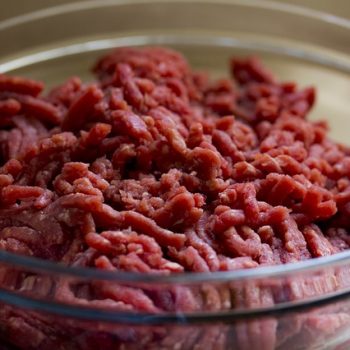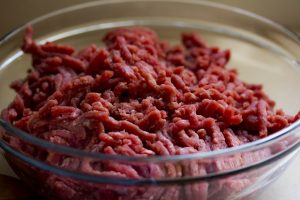Grass-fed animals are considered to be more humanely raised and their meat has a greater omega 3 content. This seems to have been the main focus when people talk about the practice, but there’s so much more to consider. From soil ecology to the health of these animals, the vitamin and mineral content to the underappreciated phytochemical content of the meat itself.
“Increased phytochemical richness of productive vegetation has potential to improve the health of animals and upscale these nutrients to also benefit human health”
“While little difference exists in total protein content between pasture-raised and feedlot-finished meat and dairy (Duckett et al., 2009; Schönfeldt et al., 2012), differences do exist in vitamins and trace minerals. For example, Duckett et al. (2009) compared riboflavin and thiamine in grass-finished vs. grain-finished beef, and found nearly 2-fold higher riboflavin concentrations and 3-fold higher thiamine concentrations in grass-finished beef. ”
“Emerging data indicate that when livestock are eating a diverse array of plants on pasture, additional health-promoting phytonutrients—terpenoids, phenols, carotenoids, and anti-oxidants—become concentrated in their meat and milk. ”
https://www.frontiersin.org/articles/10.3389/fsufs.2020.555426/full


